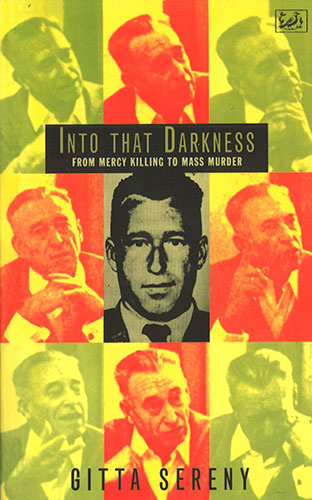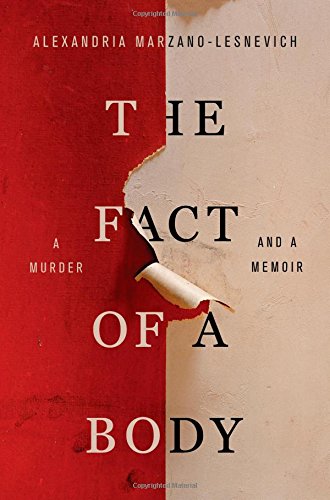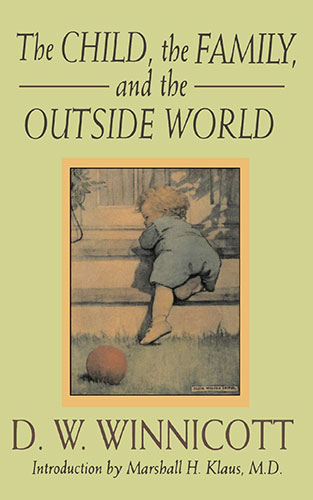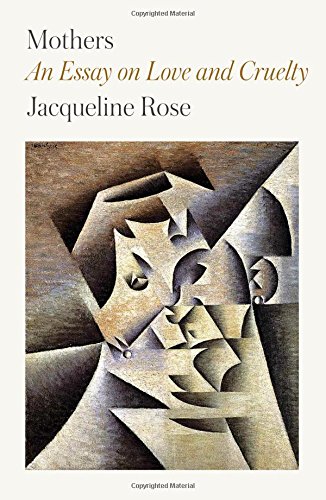 Karl Ove Knausgaard, My Struggle
Karl Ove Knausgaard, My Struggle
One of my major accomplishments last month was completing Knausgaard’s final Struggle book (I admit to skipping a Struggle or two along the way). Much of my reading right now is memoir, so these are hard to avoid. I’m a fan, despite the ugliness of some of Knausgaard’s more contrarian (and reactionary) impulses. I admire his pursuit of the meaning of writing; the Deleuzian idea “that the world is permanently in the making, that it is constantly evolving around us, but that this ceaseless creation from moment to moment merges into what we already know about the world.” It is the way that writing can “open up a chasm in the now”.
Somehow I had missed the bulletin that this final chapter of the Struggle book took such a deep dive into trying to understand the psyche of Hitler, and I resisted this part of it (which is several hundred pages long). The NYT called this volume a “life drainer”, and they are not entirely wrong, but then life itself is quite draining. Knausgaard’s jumping off point for his examination of Hitler is his discovery of a copy of Mein Kampf in his grandfather’s things. How one deals with one’s involvement in histories, as well as one’s failures within them, is itself primary and worthwhile. Tellingly, in discussing a writer who admits to sympathies for the Nazis, Knausgaard admits to a sympathy for being frustrated with the banalities of the day to day, saying “I have no idea what I would have done had I lived in the 1940s.”
 Gitta Sereny, Into that Darkness
Gitta Sereny, Into that Darkness
I actually sought this out because it is (passingly) mentioned in My Struggle‘s Hitler section; this is Sereny’s pivotal book based upon her interviews with Franz Stangl, the commandant of both the Sobibor and Treblinka death camps. It is in talking to Sereny that Stangl comes to admit a small acknowledgement of personal responsibility, only to die of a heart attack just hours after that interview.
Much of the book centers on the commandant, but I was particularly interested Frau Stangl, his wife, and the intricate system she used to justify remaining in her marriage to her husband.
The book is meticulously researched, but it is the anecdotal that remains with you. At one point, early in Stangl’s tenure in Sobibor, Frau Stangl travels to visit her husband and stays in the house of the Chief Surveyor in Chelm. At night, she can hear him bring the two Jewish “housemaids” into his room, ordering them to undress and perform sex acts. “He did things to them”. She can hear it through the wall of her room, but says nothing. It stuck with me, the things we stay silent for and allow.
I first read Sereny’s books on Mary Bell, the eleven year old murderer who strangled two small boys in 1968. (The Case of Mary Bell and Cries Unheard, When Children Kill). These two books on the case were the impetus of a major project I’ve been working on for years, both their subject and the striking differences between them (the second book is published 26 years after the first); which show the evolution of how we perceive personal responsibility within legacies of trauma.
 Alexandria Marzano Lesnevich, The Fact of a Body
Alexandria Marzano Lesnevich, The Fact of a Body
This book is also about domestic secrets and public lives; it is compelling as a mix of true crime and memoir and is absolutely devastating on the marks and legacies of trauma. I was drawn to read this because I’m a huge fan of crime books, but again here it was the personal memoir here that got under my skin.
While in law school Lesnevich assists in the research for the death penalty appeal of convicted murderer Ricky Langley. After she sees his videotaped confession she is surprised to find herself wanting his death, and she begins to examine her own history in the context of the case. The book weaves back and forth between Langley and Lesnevich’s family histories, in it she questions the culpability of her own family within their failure to protect her against her own experiences of abuse by her grandfather. The book is a work of deep empathy towards both Langley and her own family but it is most poignant on the damaging effects of family silence. While the abuse is eventually acknowledged and stopped, it is never spoken of again, and she is still expected to regularly see the grandfather that perpetuated it.
Lesnevich touches on the fact that one never knows another person; that all supposition of intention and guilt is guesswork. But what is most graceful in the book is the care she takes to get to know her grandfather and his history, in much the same detail as she explores Ricky Langley’s family and youth. All lives are unknowable, but she shows they are at least describable and seeable.
 D.W. Winnicott, The Child, The Family and the Outside World
D.W. Winnicott, The Child, The Family and the Outside World
I often turn to Winnicott to understand the world; I started rereading these essays for a project but then made my way through them again. As a parent and as a child, I find his empathy and grace always rewarding. He reminds me that, for the infant, all love is felt through physical touch and care. We learn love by being cared for bodily; and it reminds me that we are all, first and foremost, bodies. He calls this “Mother’s Love Expressed in Terms of Physical Management (Winnicott is of his time in his belief in gender primaries) and says:
“We sometimes say the infant needs love, but we mean that only someone who loves the infant can make the necessary adaptation to need…”
Much of what I’ve read this month has been about the damage done to psyche through the assault on the body, so it was assuring to read about the way that care of the body and its needs also brings us up and into the world.
 Jacqueline Rose, Mothers: An Essay on Love and Cruelty
Jacqueline Rose, Mothers: An Essay on Love and Cruelty
This book is astonishing in its denial of the vilification and idolization of mothers and motherhood, a double bind that denies us full access to what it means to birth and raise a child. The book is not a manual but a philosophical exploration of the role typically performed by female parents, and it works to reclaim the difficulties, dangers and pleasures of caring for another (she draws heavily here on Winnicott, asserting the pleasure of physical contact and care, again). As she says “The mothers of the Western world are at once punished for being mothers and instructed to love without reserve. The hate, we could say, is perfectly proportionate to the love, the intensity of the demand matches the deluded expectation, the veneration a cover for reproach.”
There is much mention of Medea along the way, which reminded me of an acting teacher I had when 20 who, bitter over a not very recent divorce would demonstrate Greek tragedy by screaming “Son of a bitch” at the top of her lungs and berating us if we refused to cry.
As a mother and as one mothered, the book complicates a relationship that is often narrowed to duty. Rose quotes Hannah Arendt, saying “…every new birth is the supreme anti-totalitarian moment. In Arendt’s view, freedom is identical with the capacity to begin.” Rose moves the jargon around parenting away from sentimentality into the language of both joy and grief, anger and resistance.